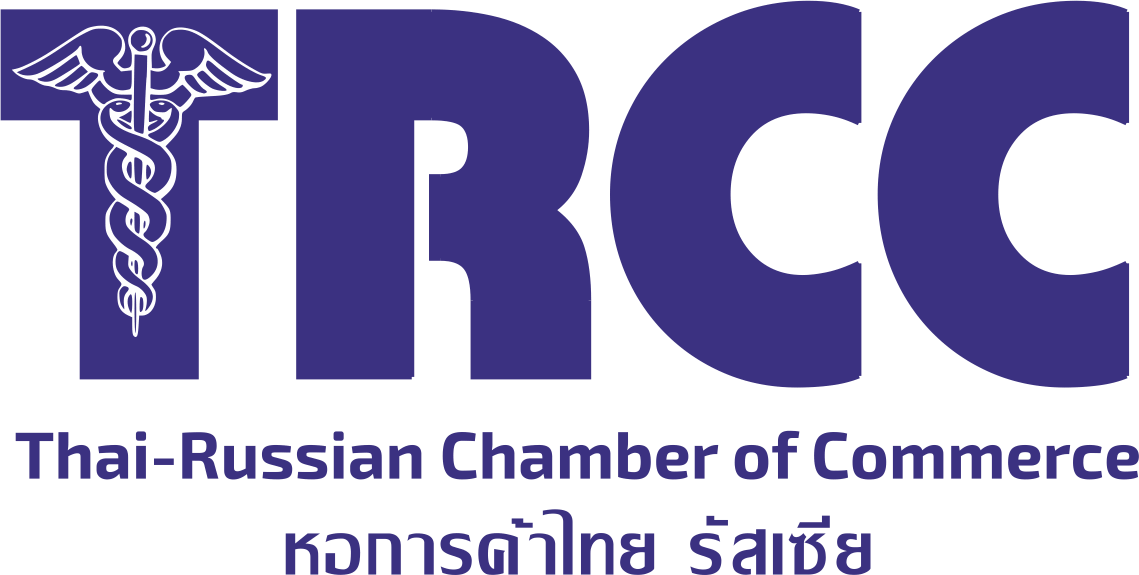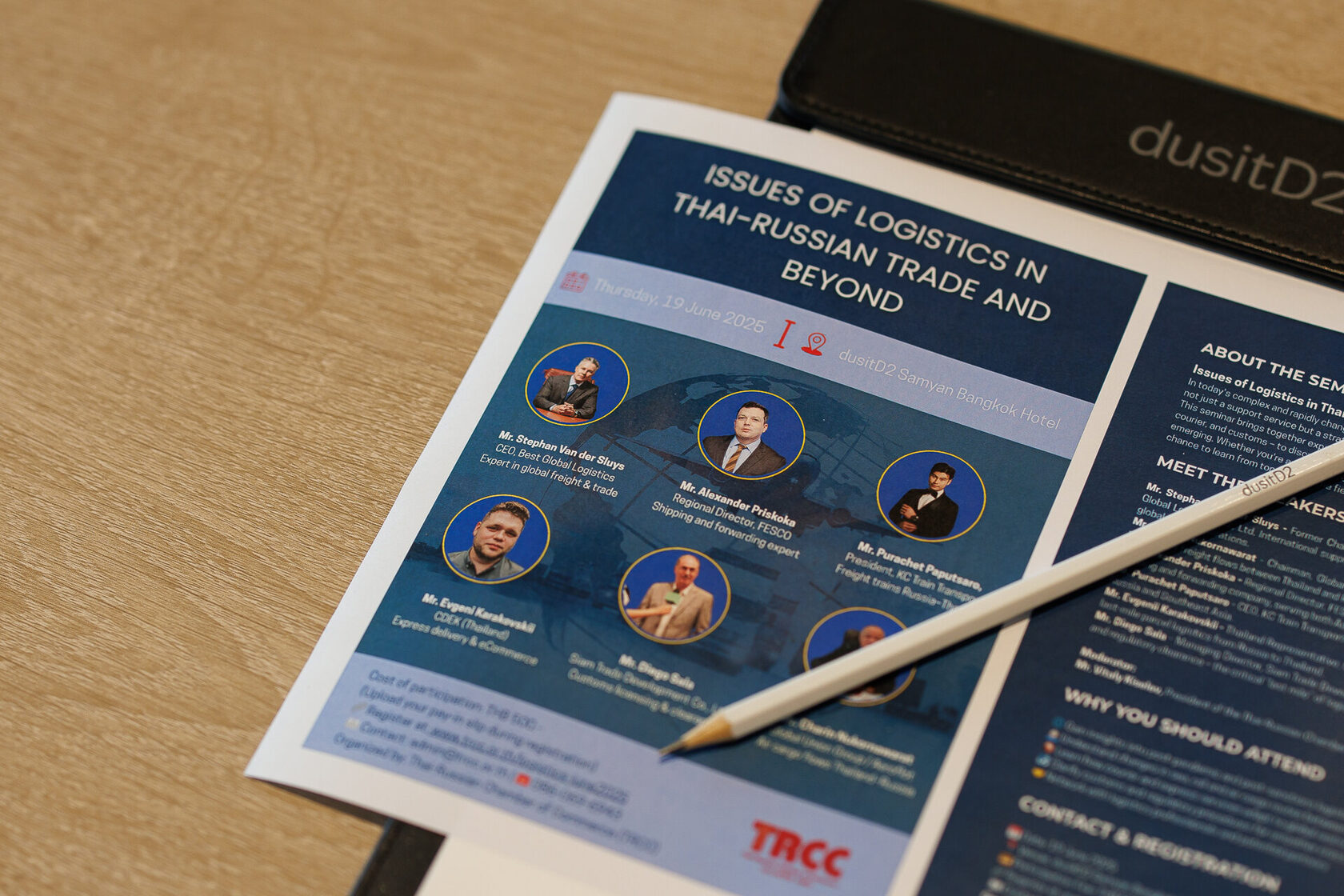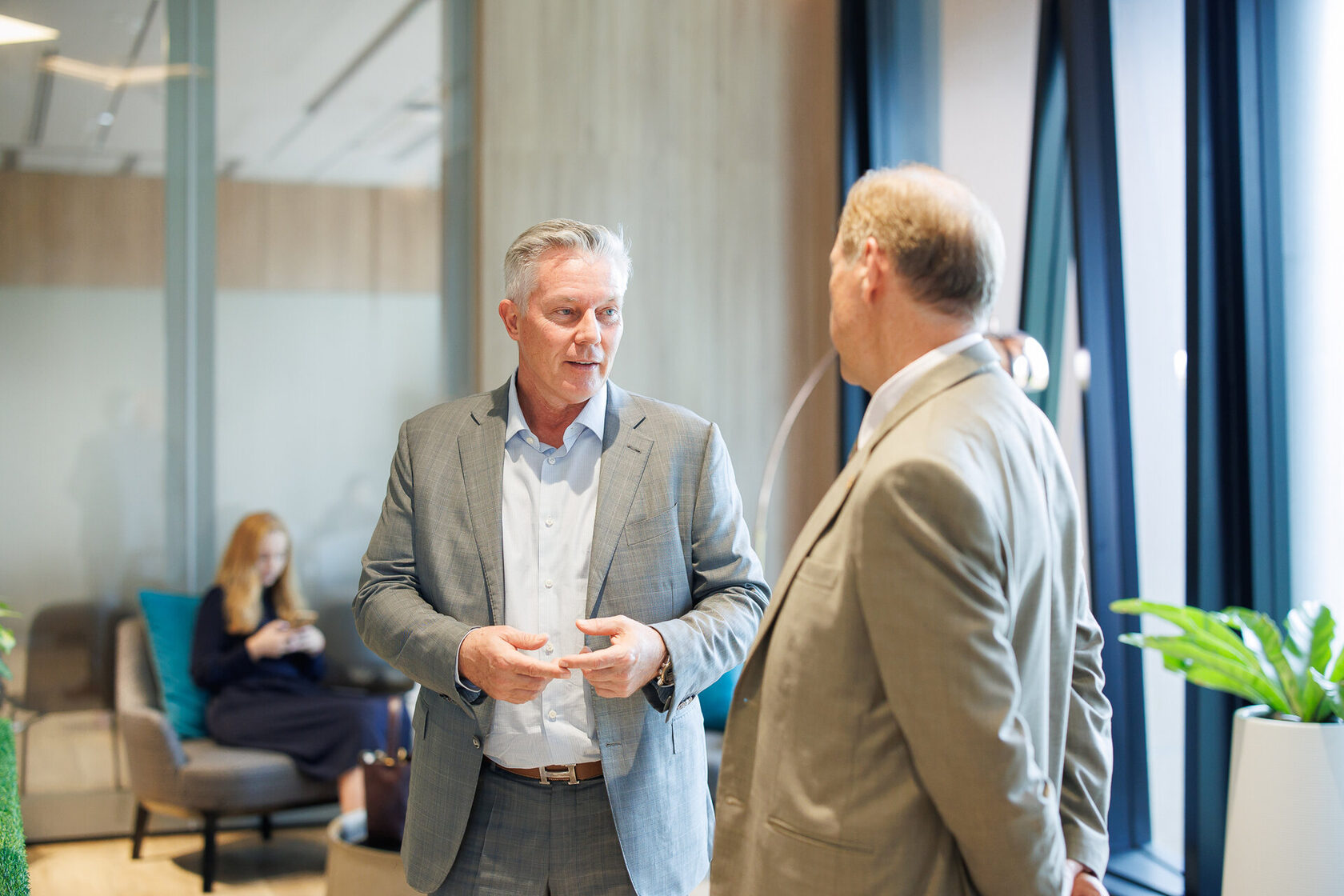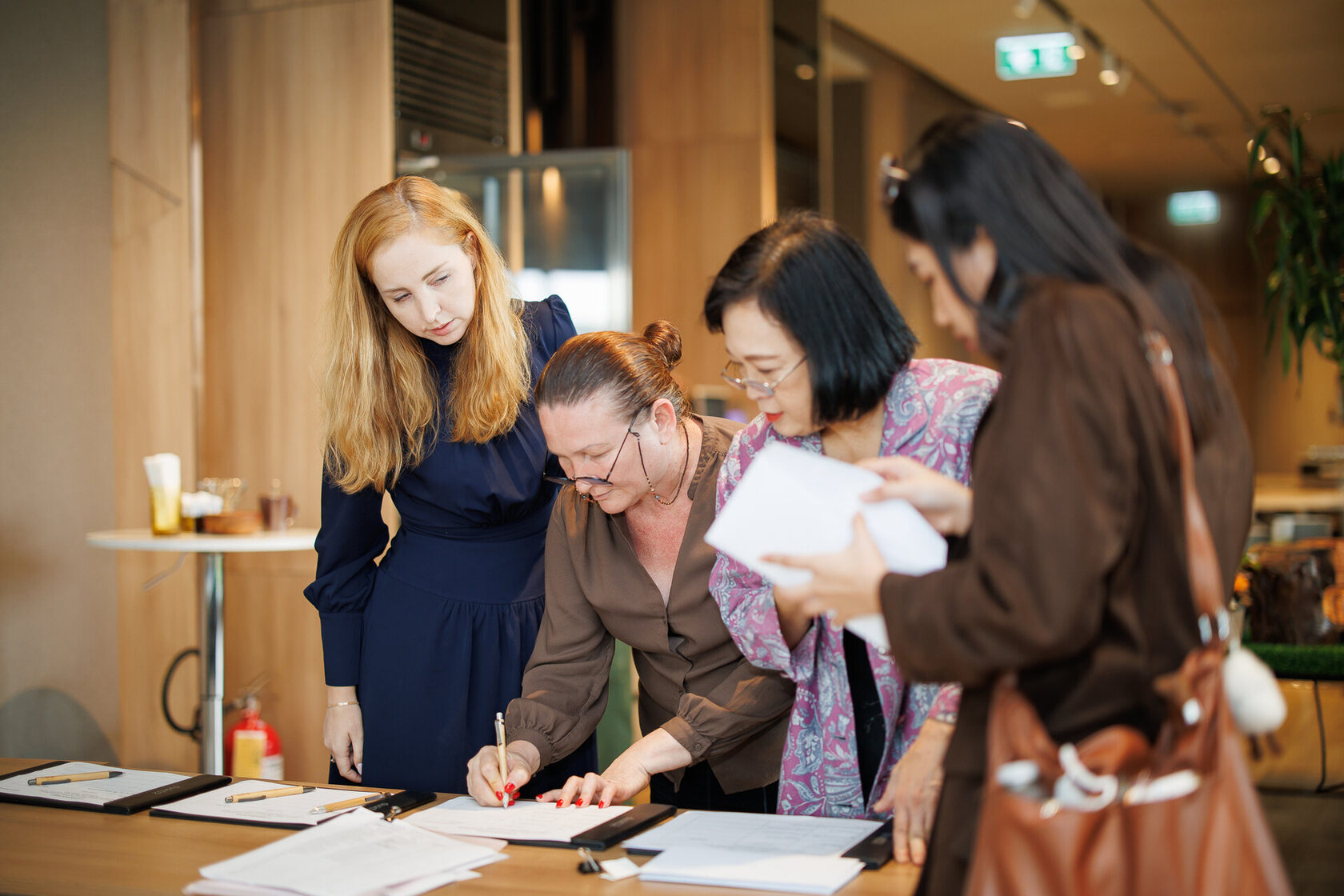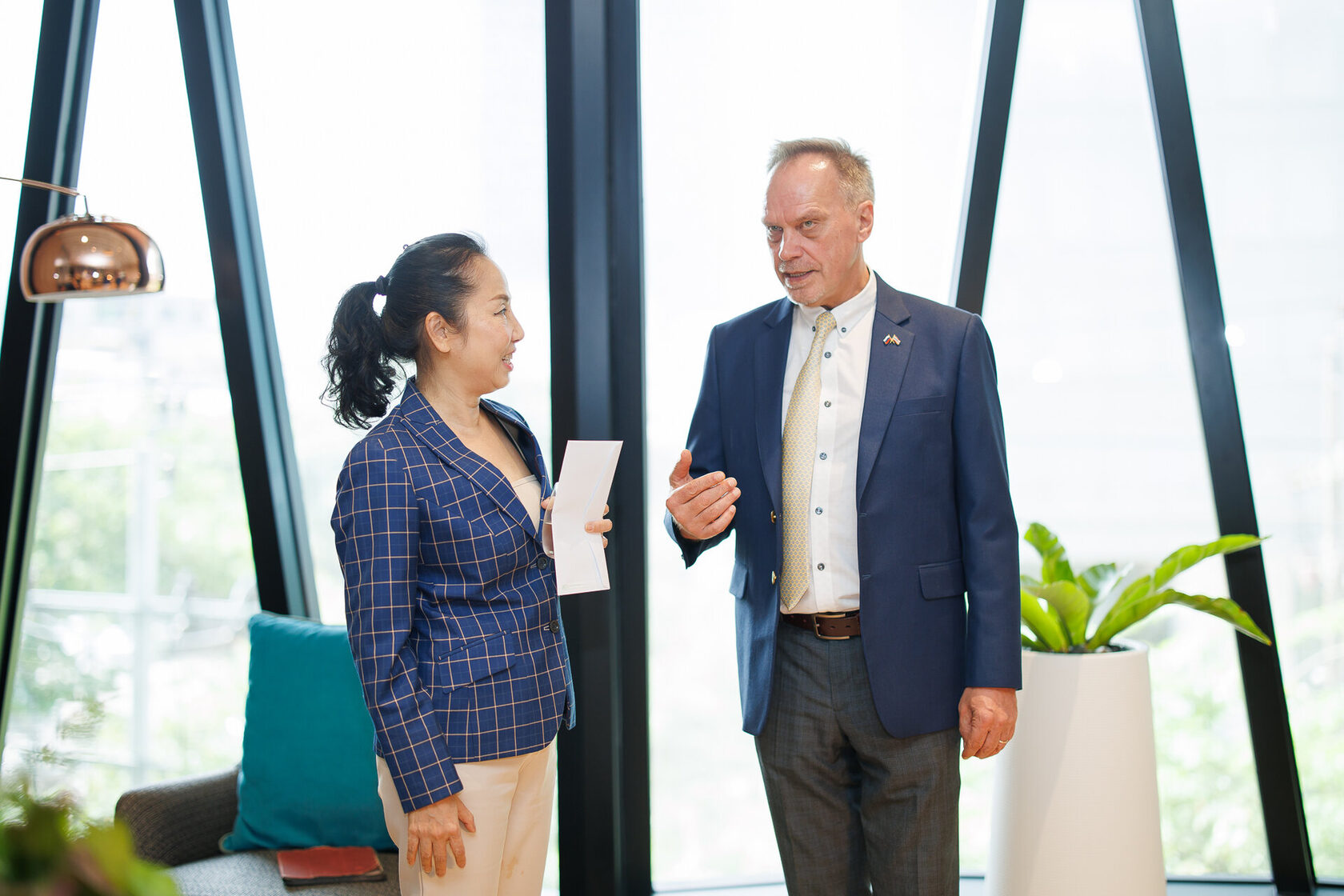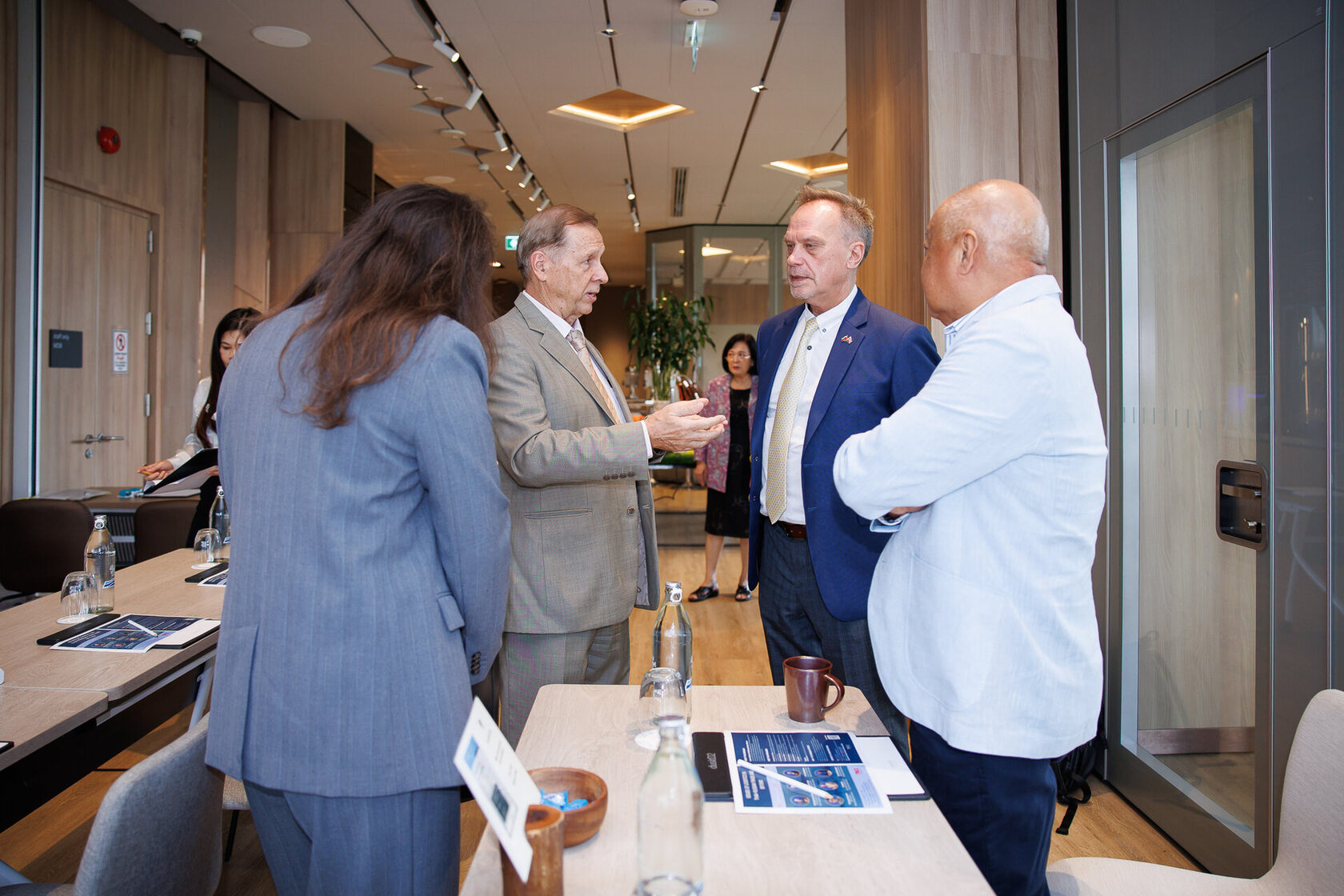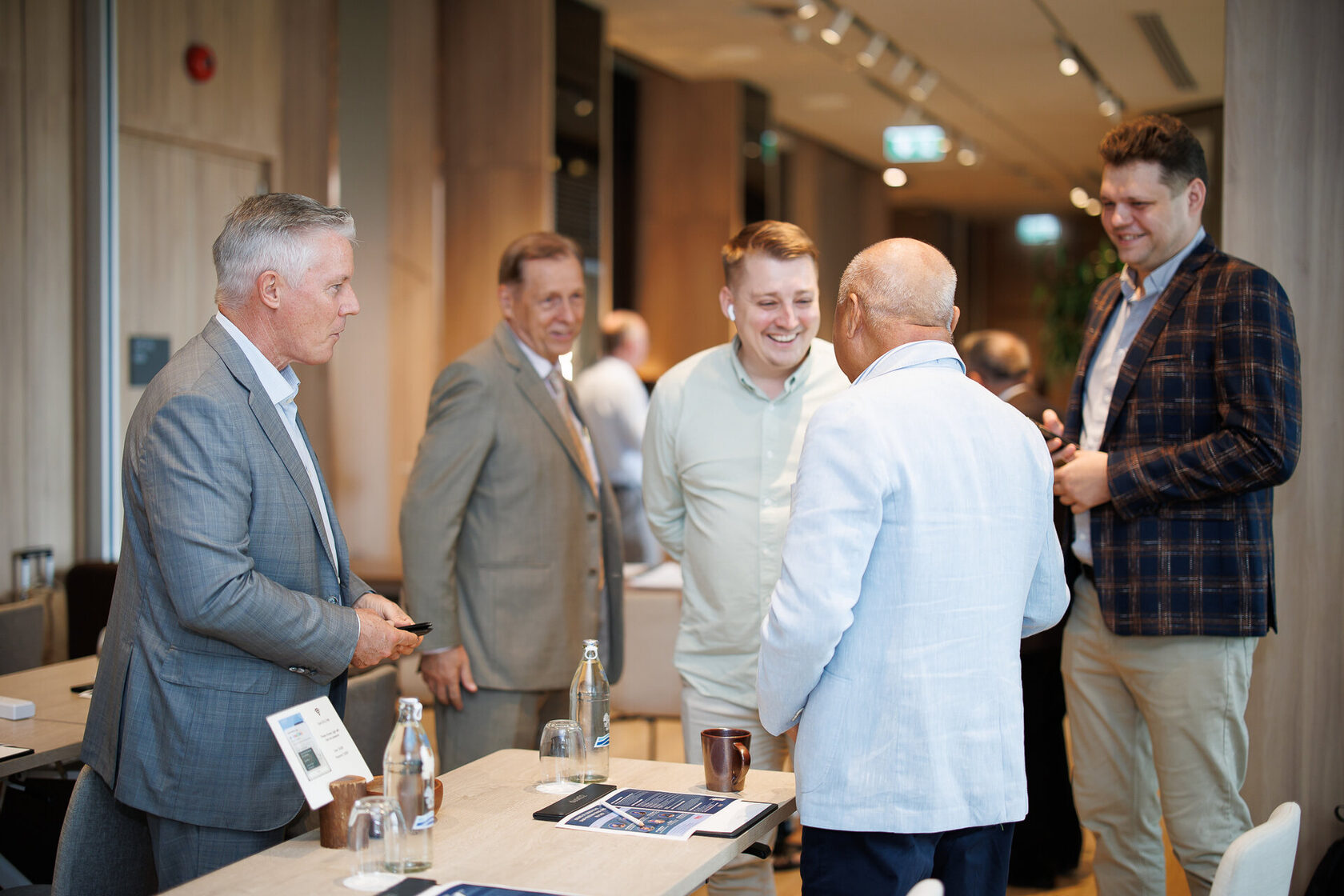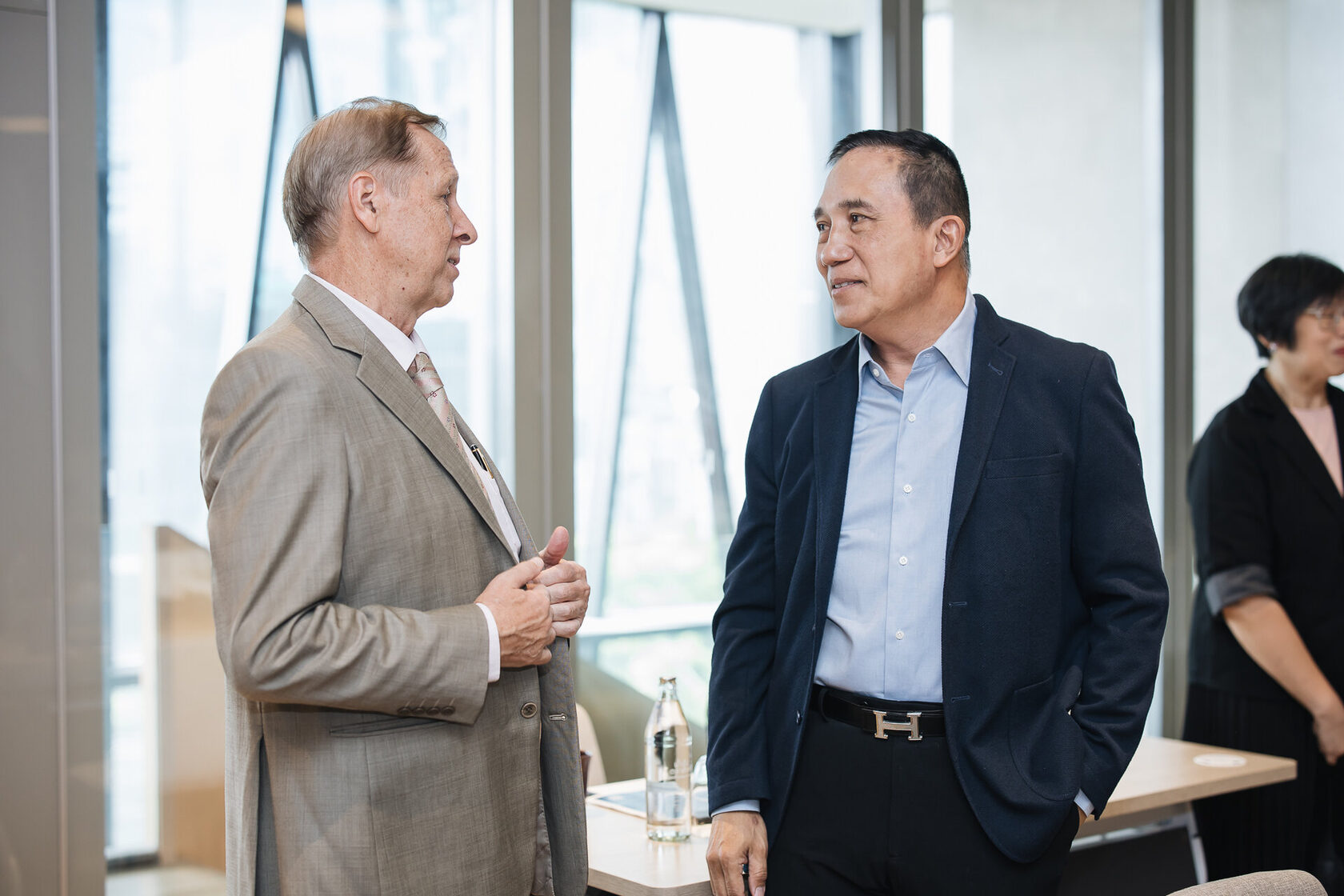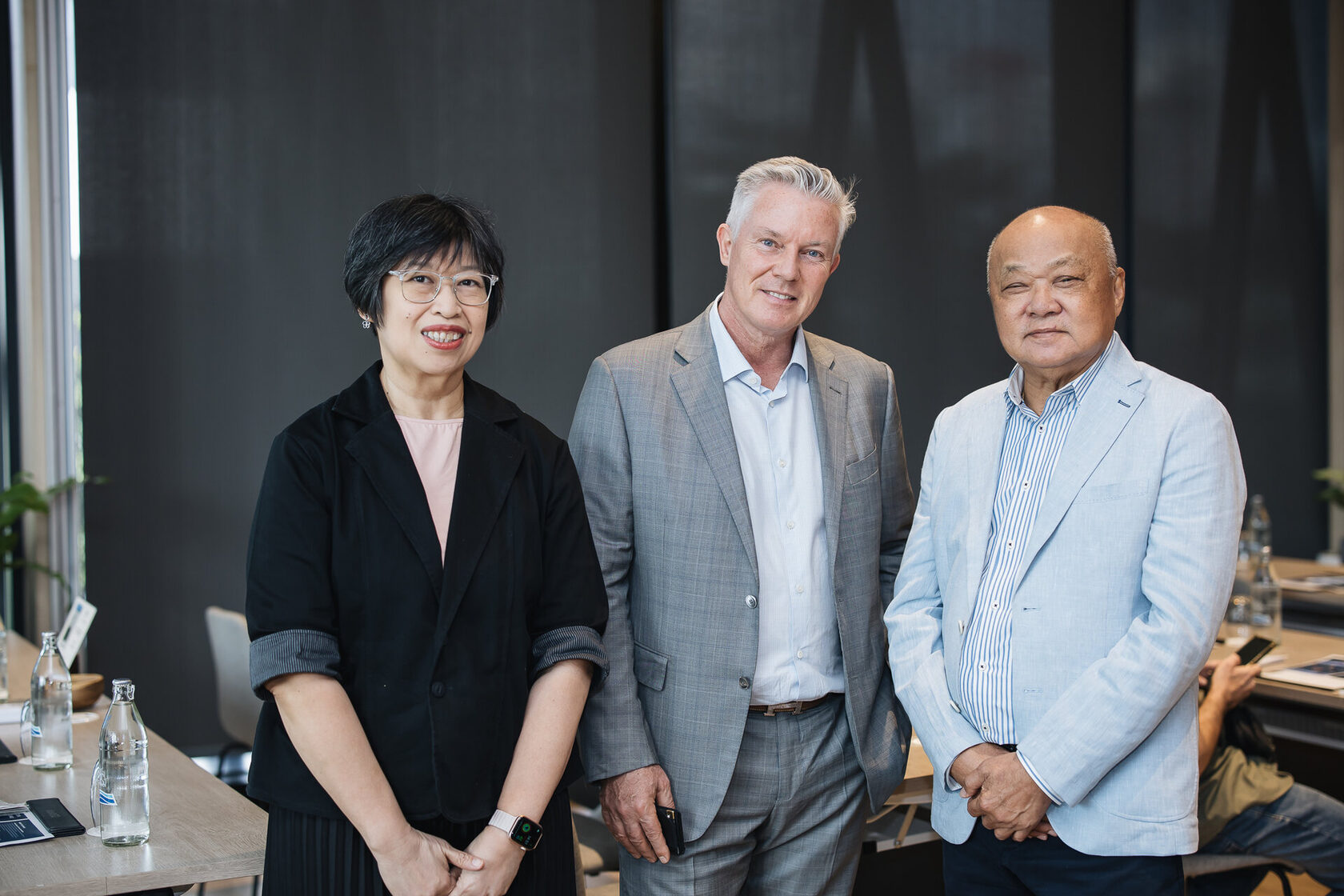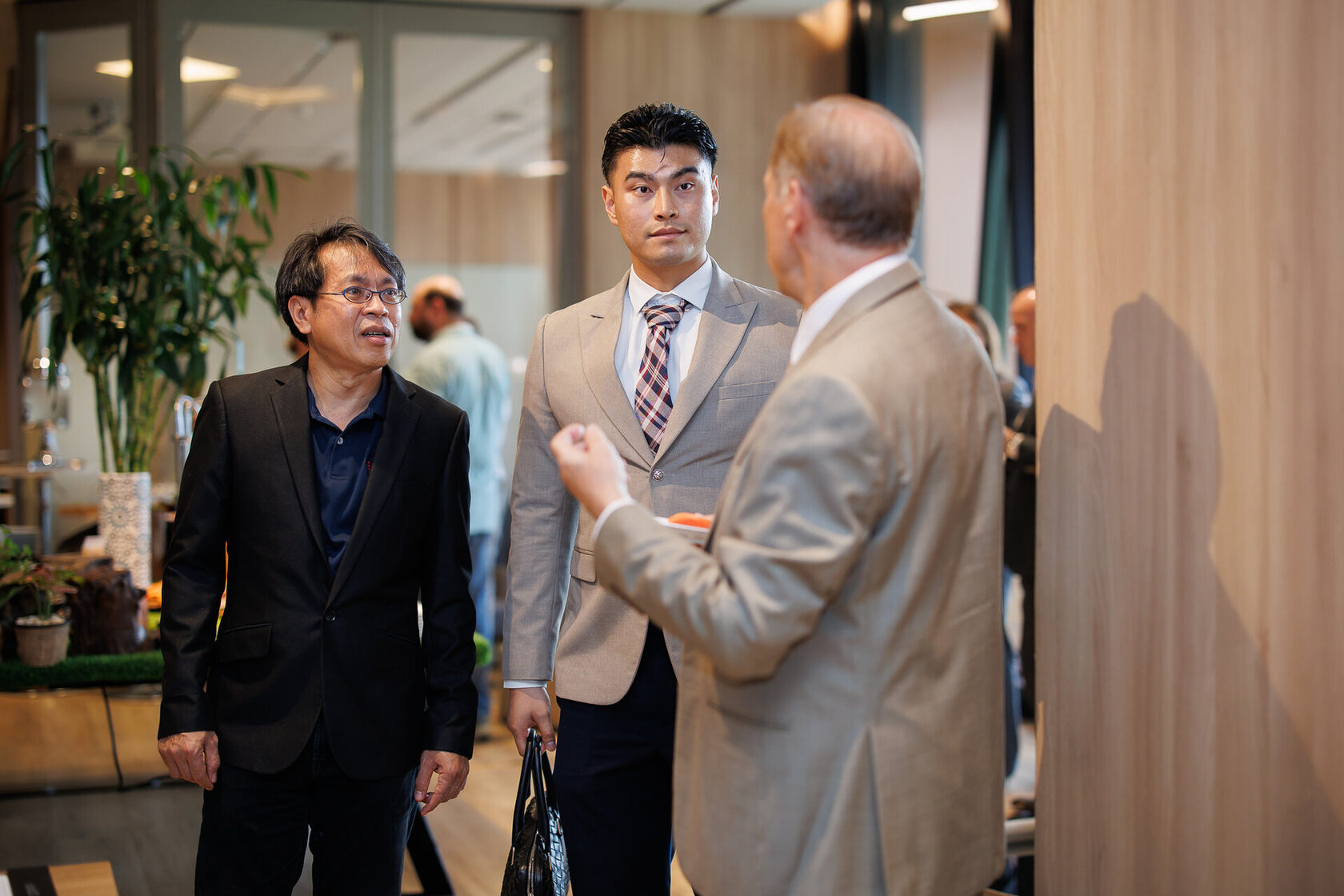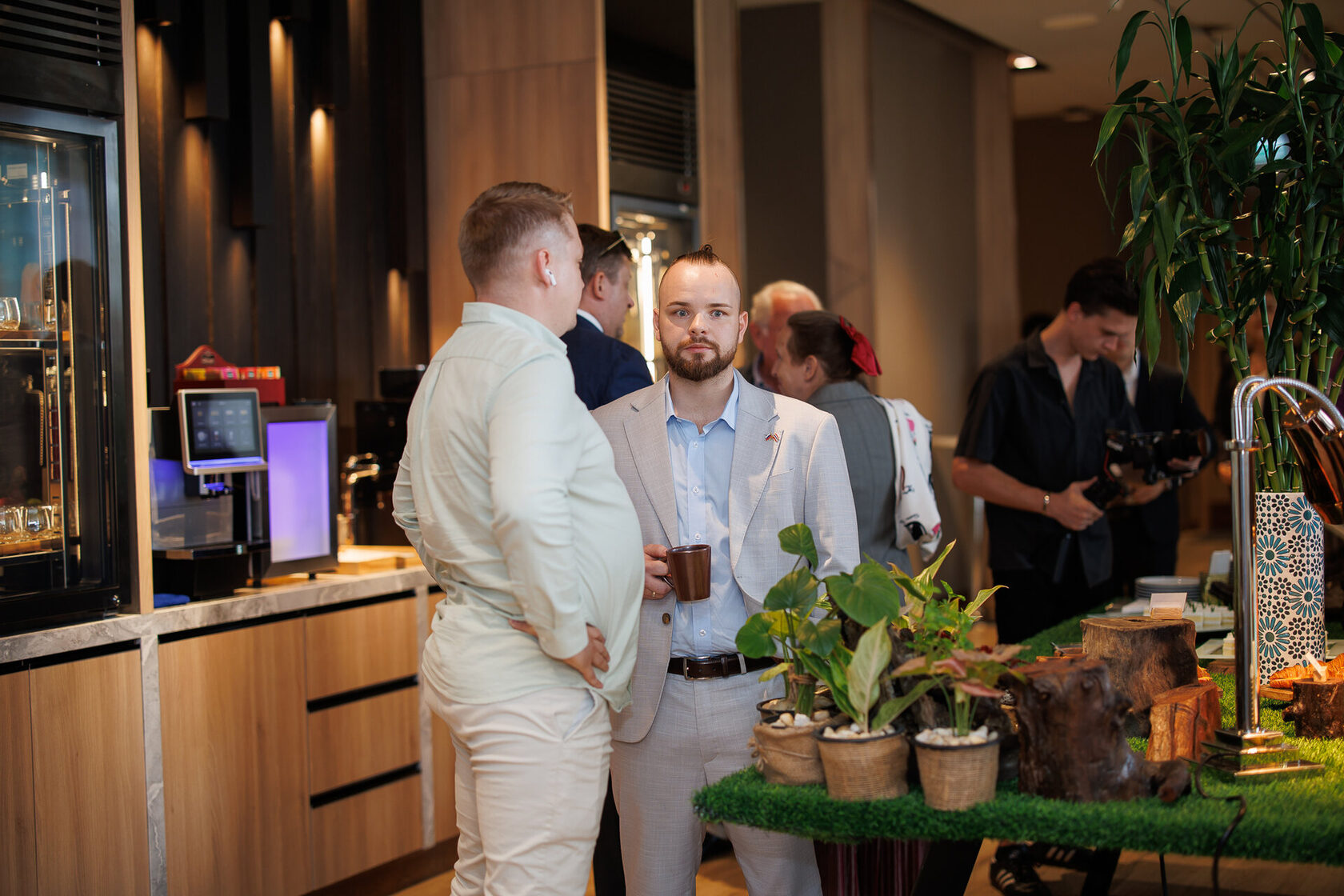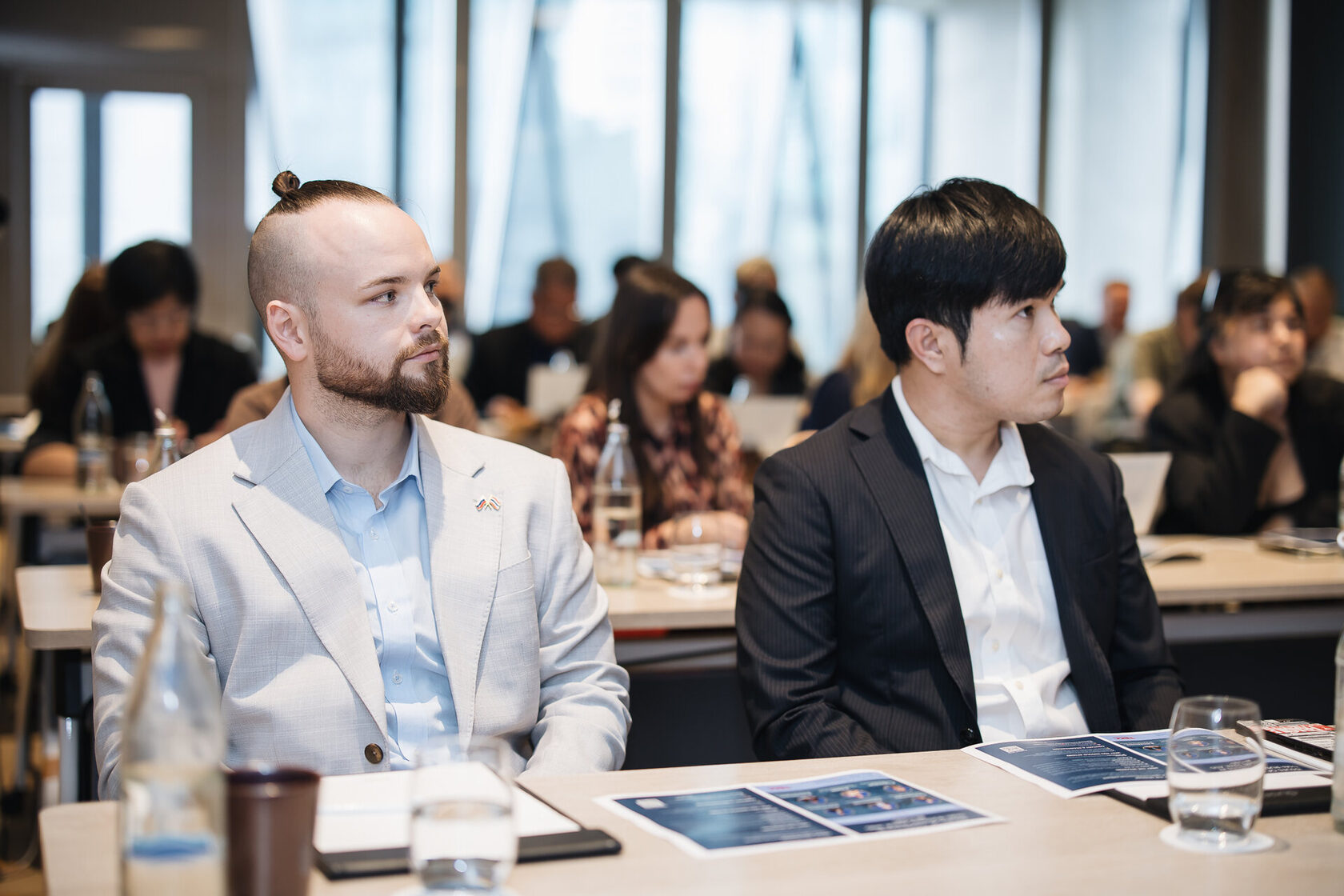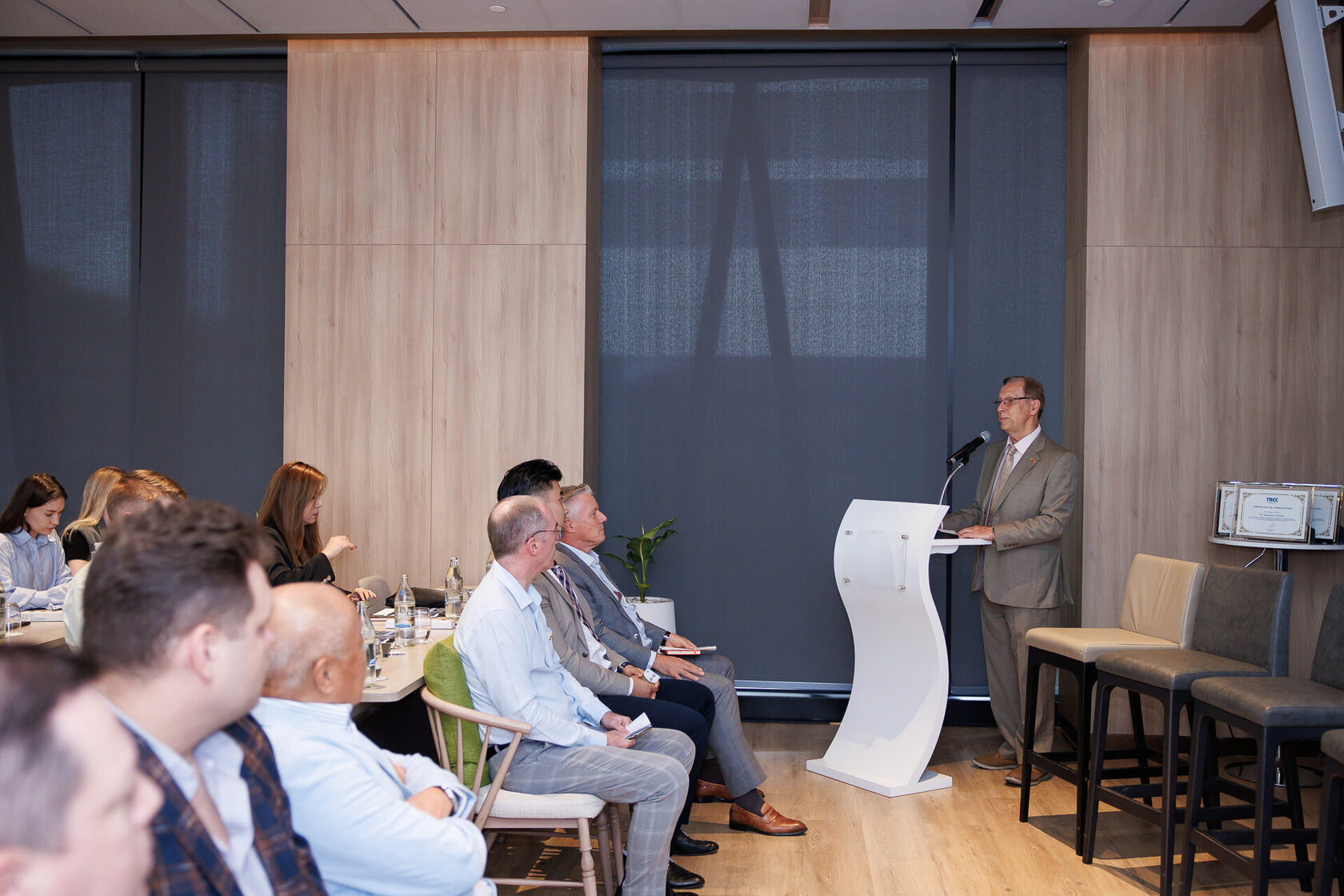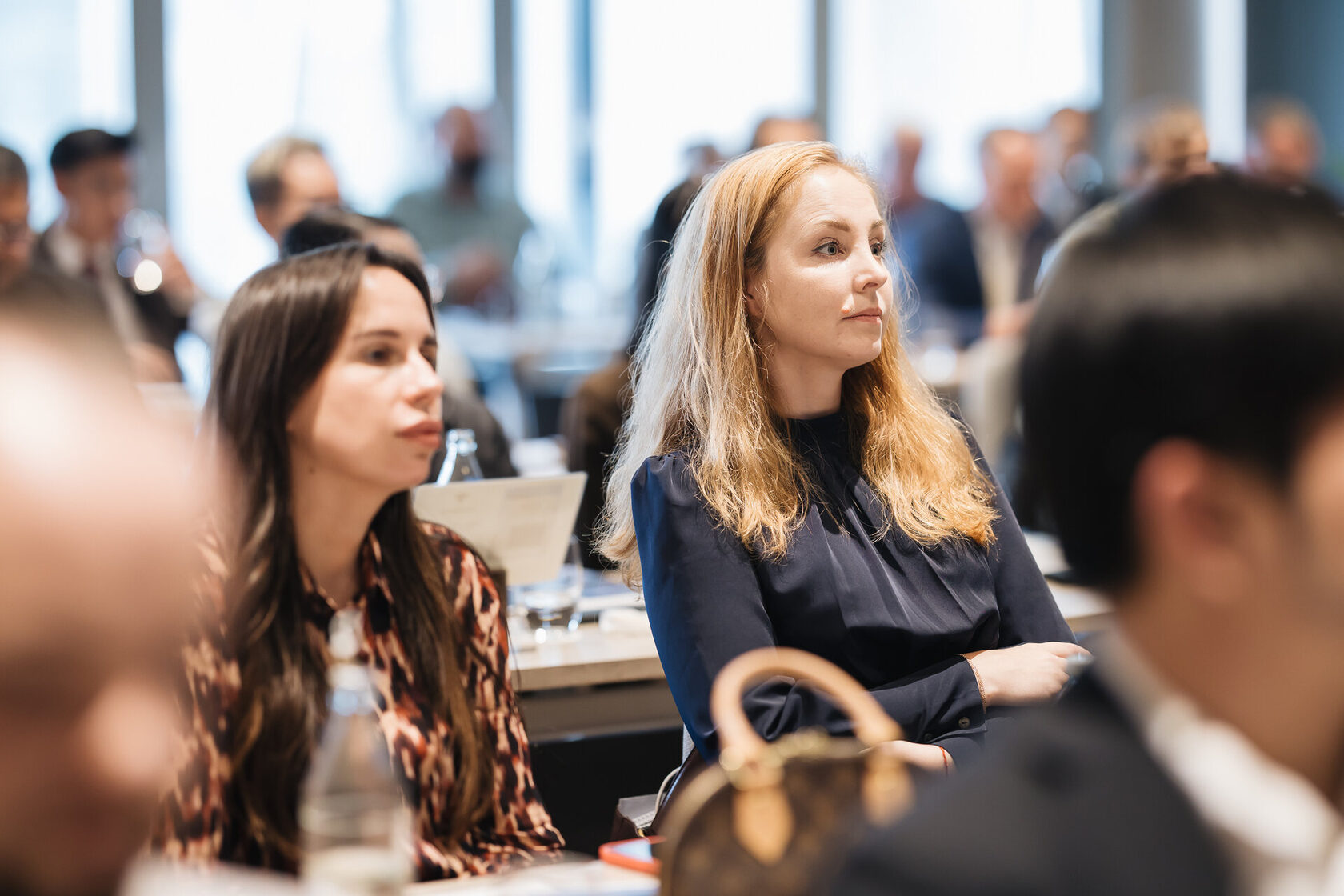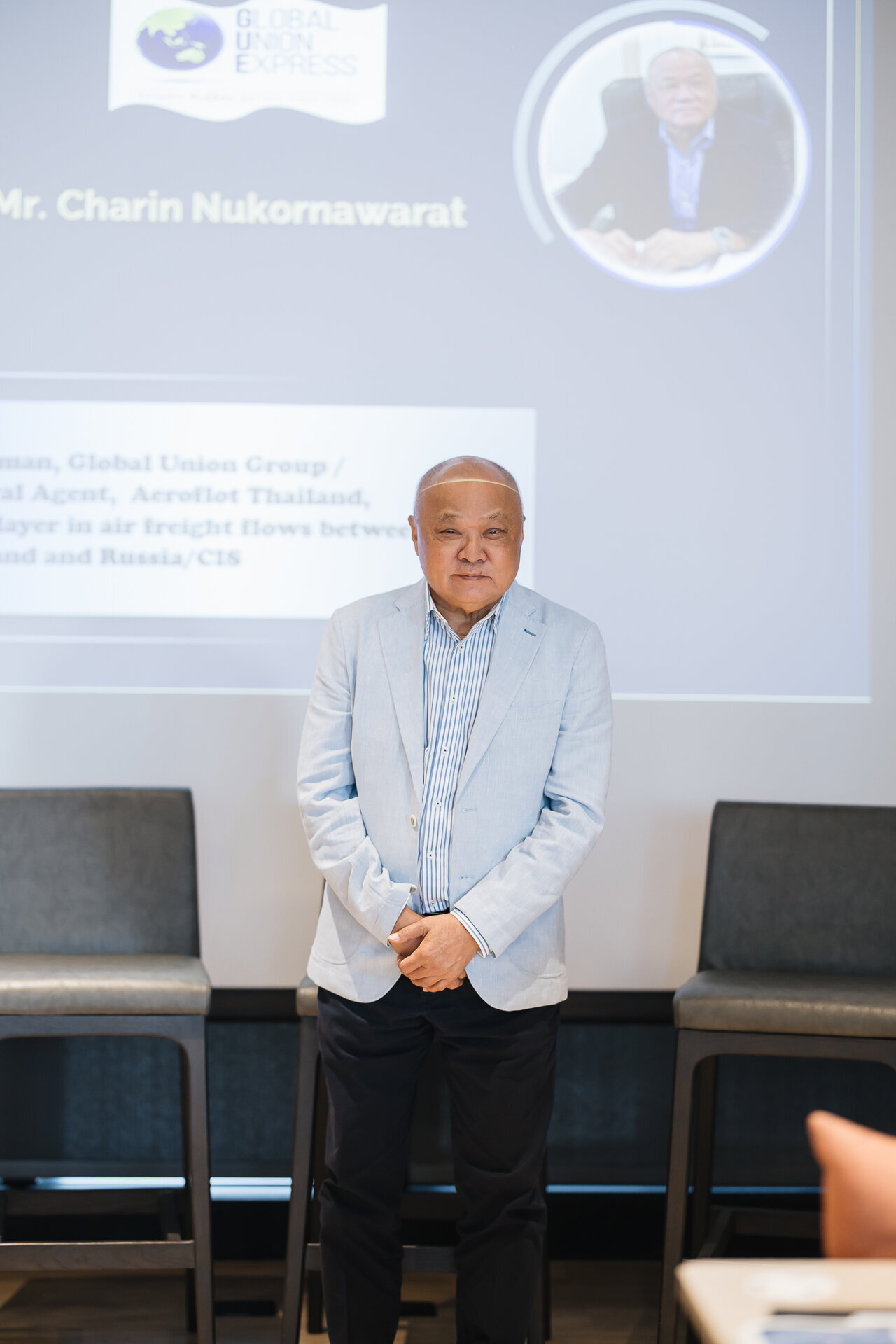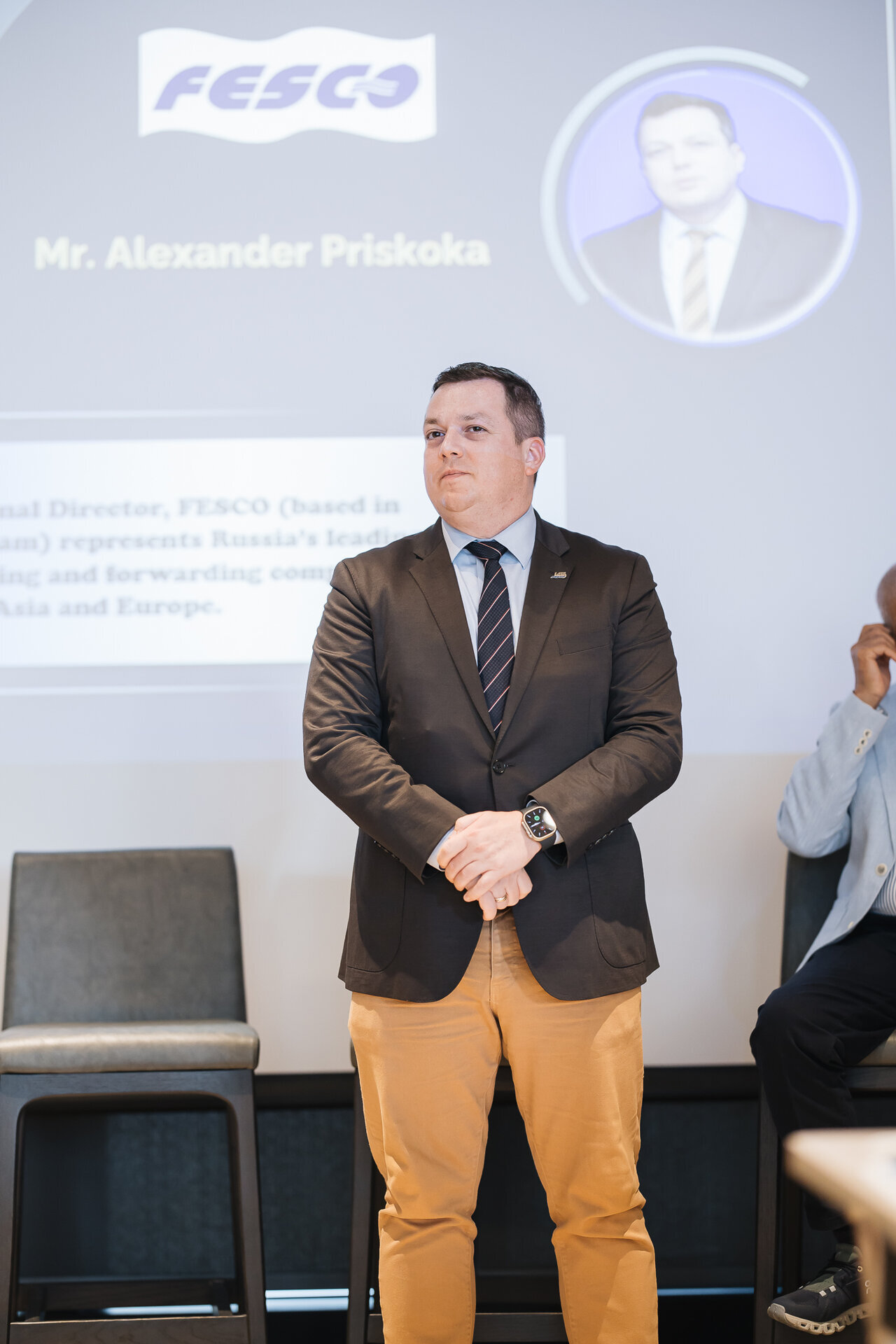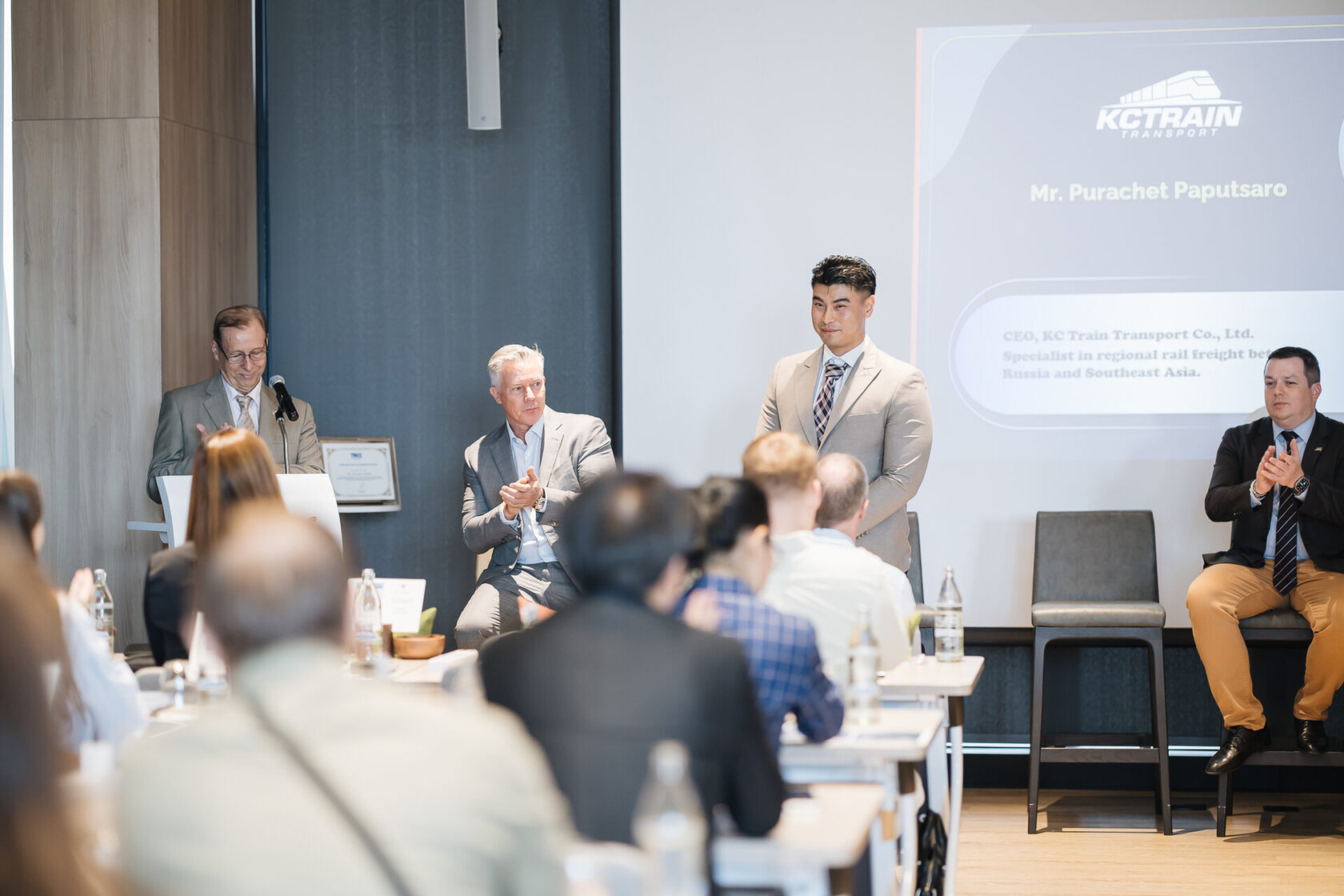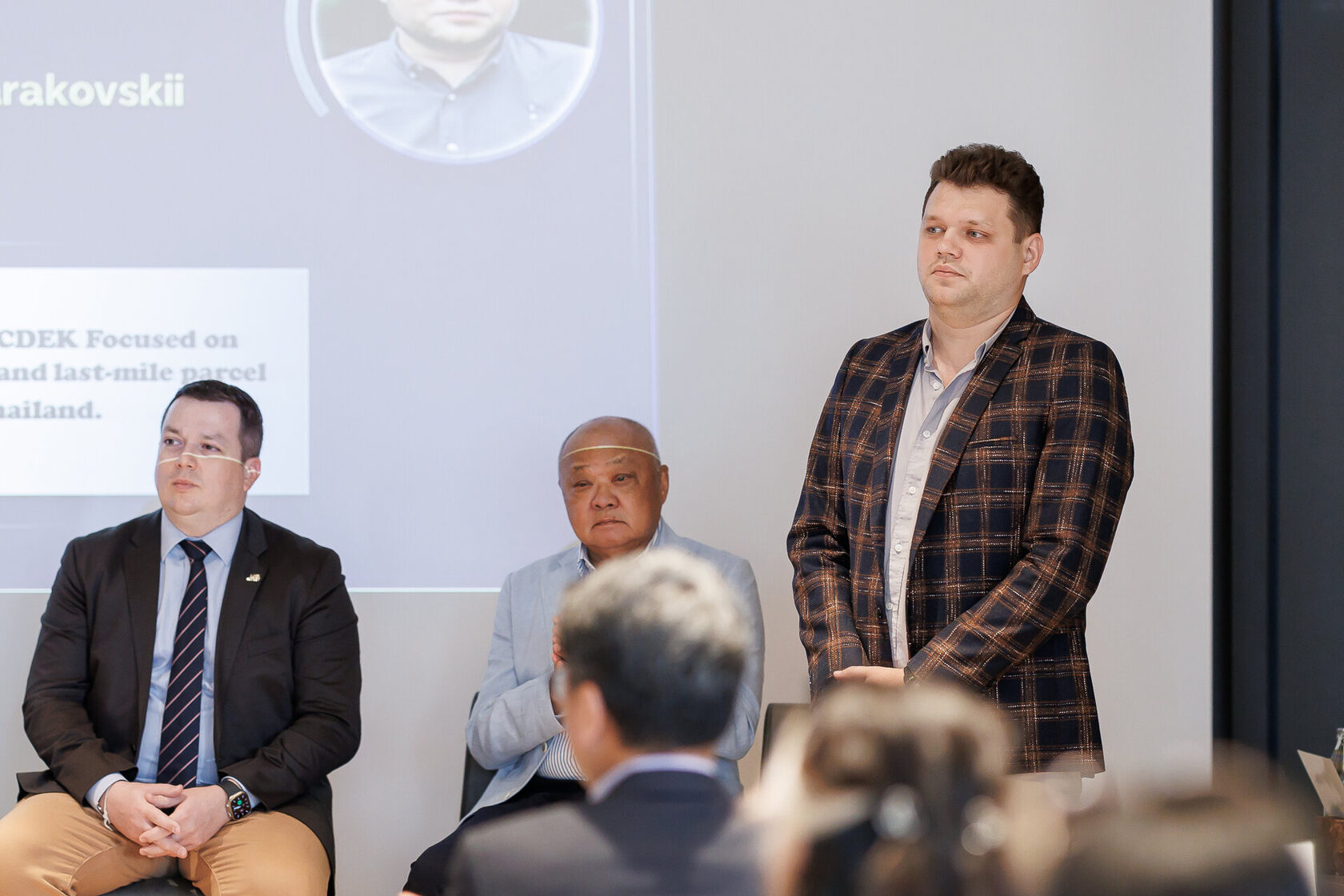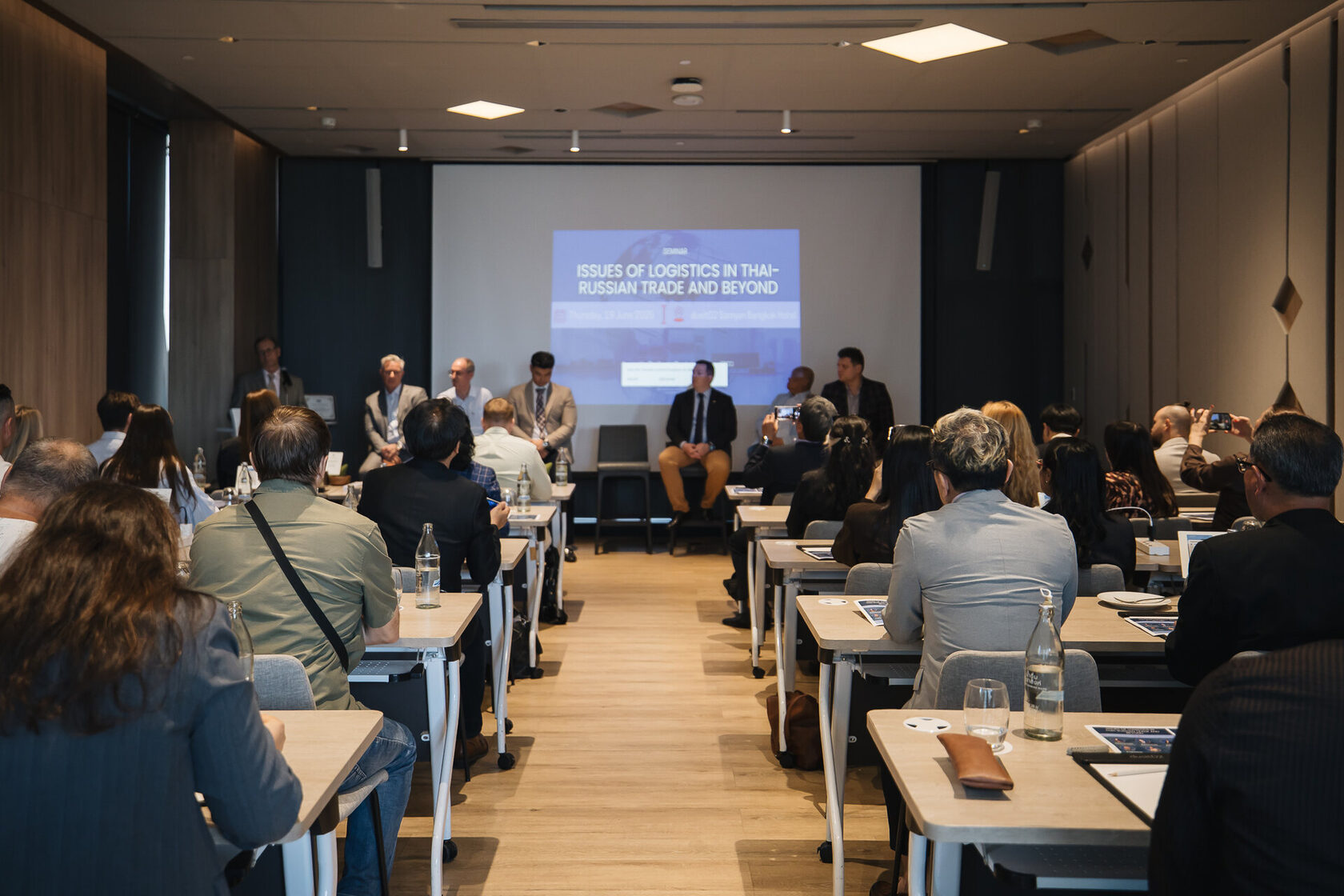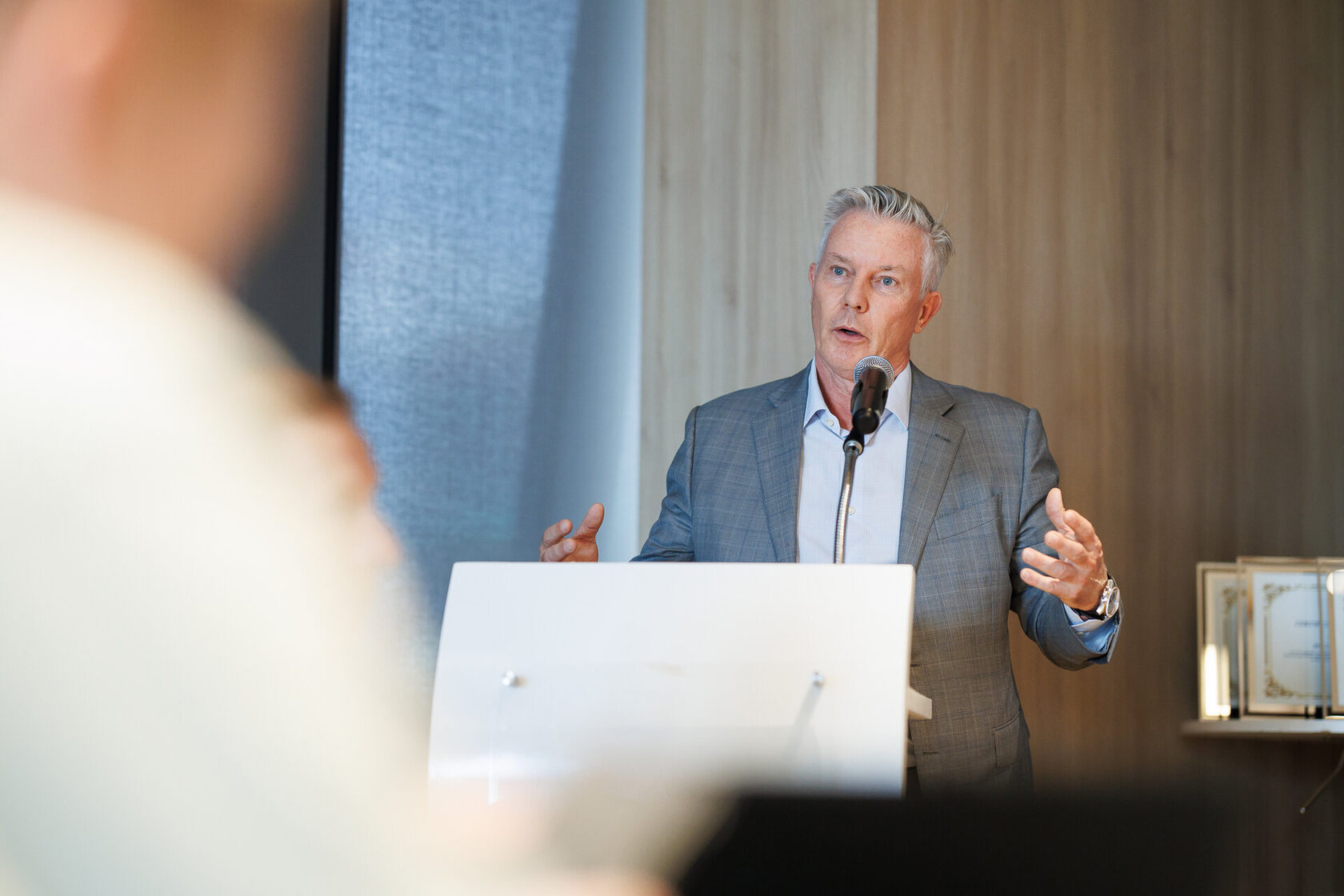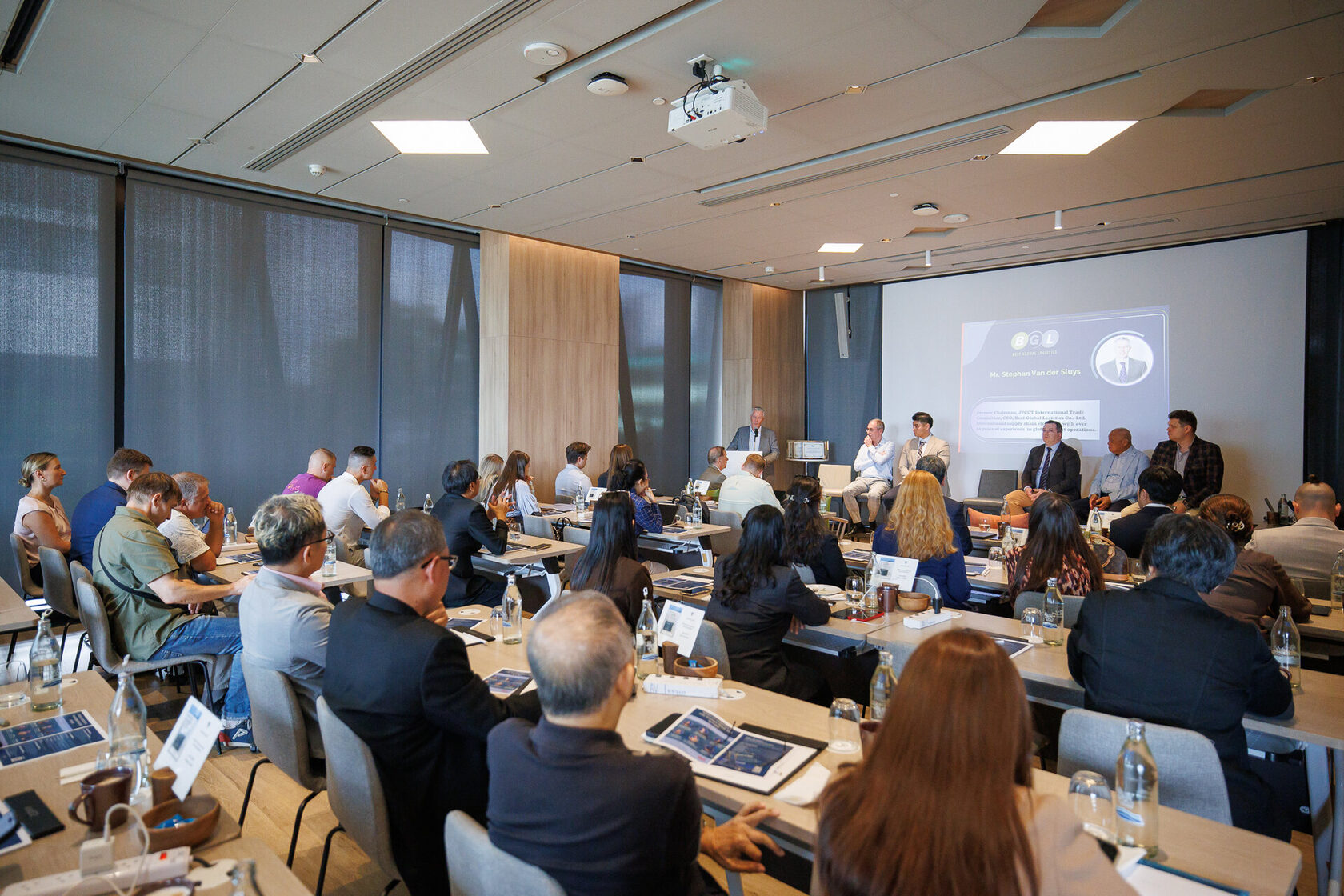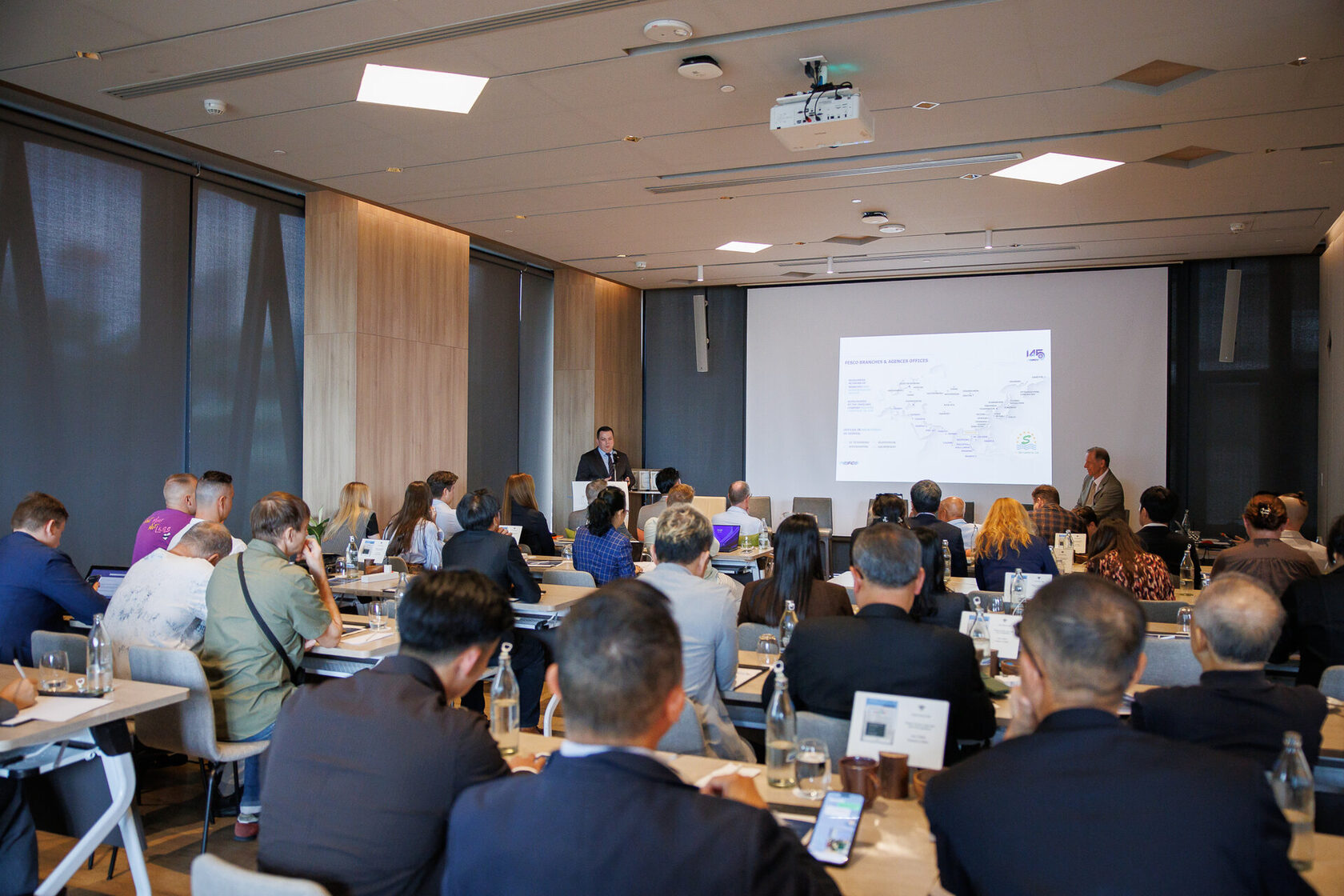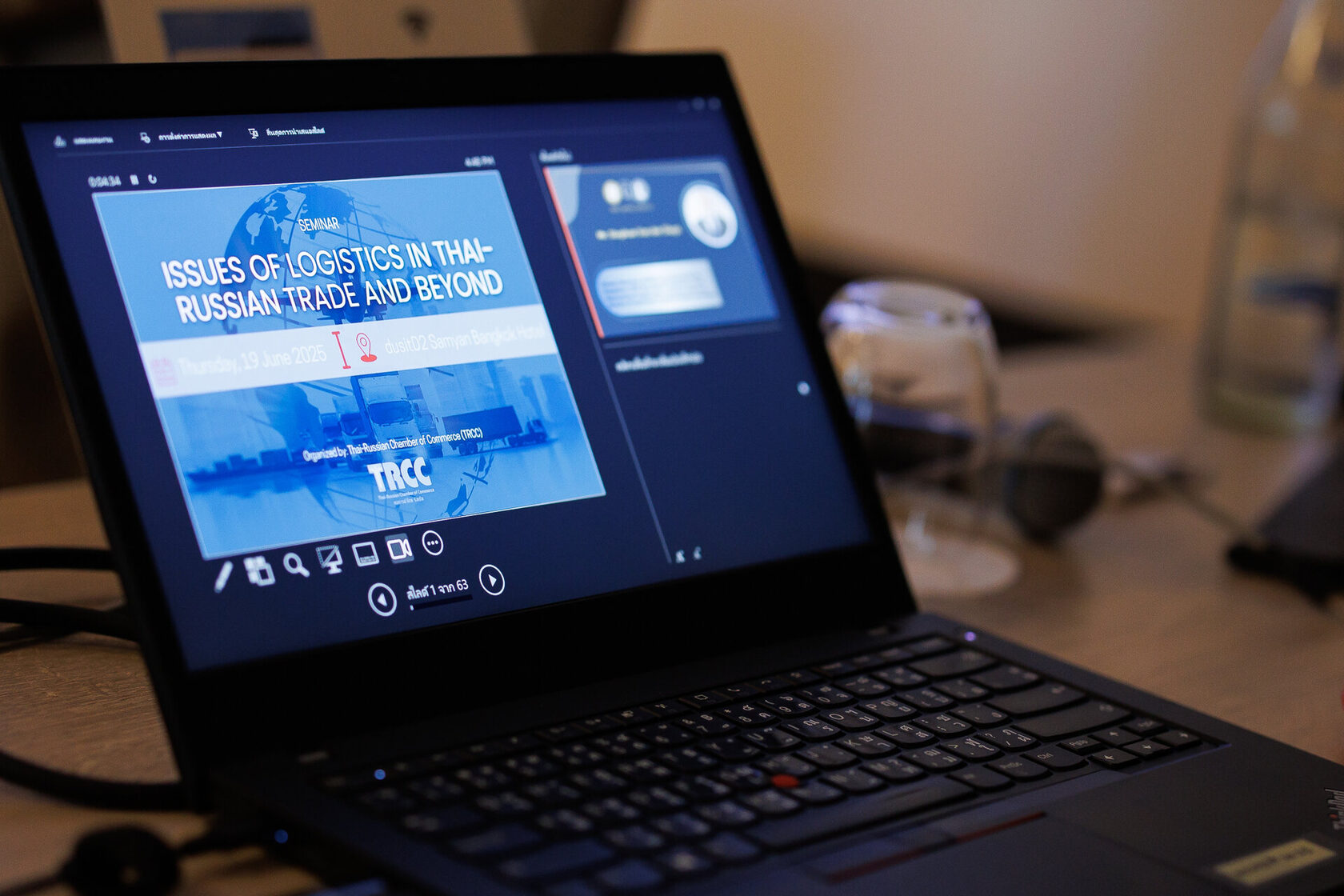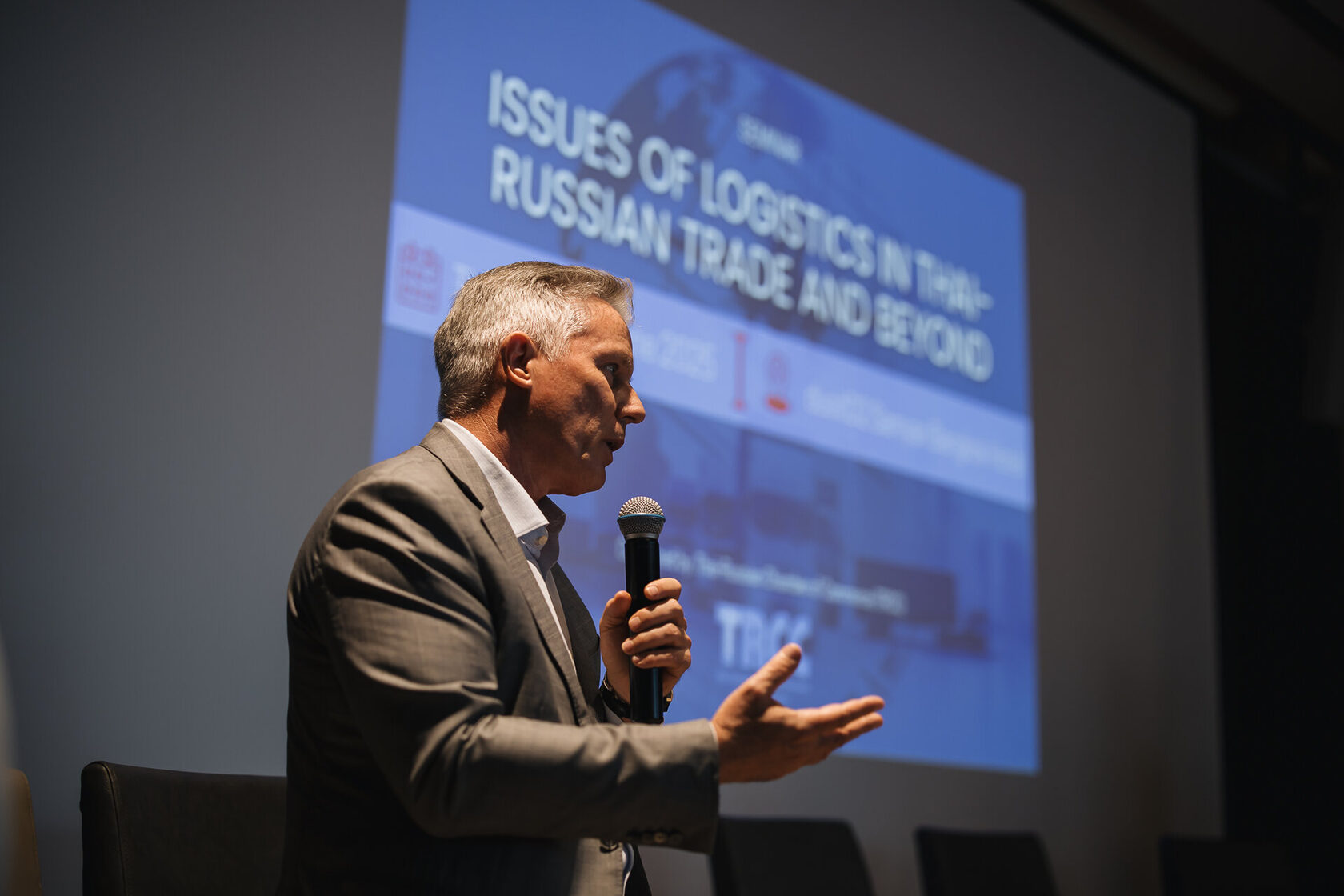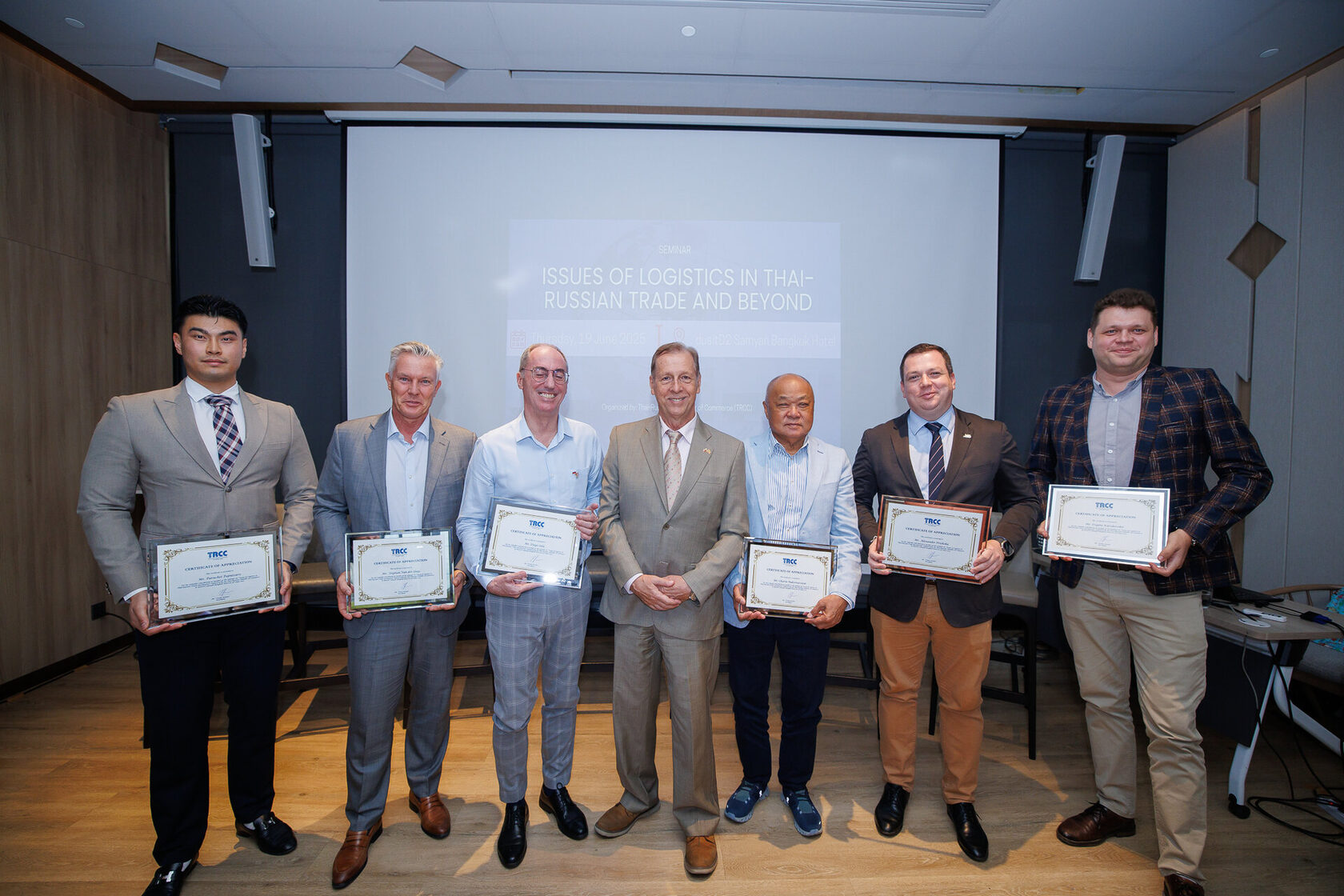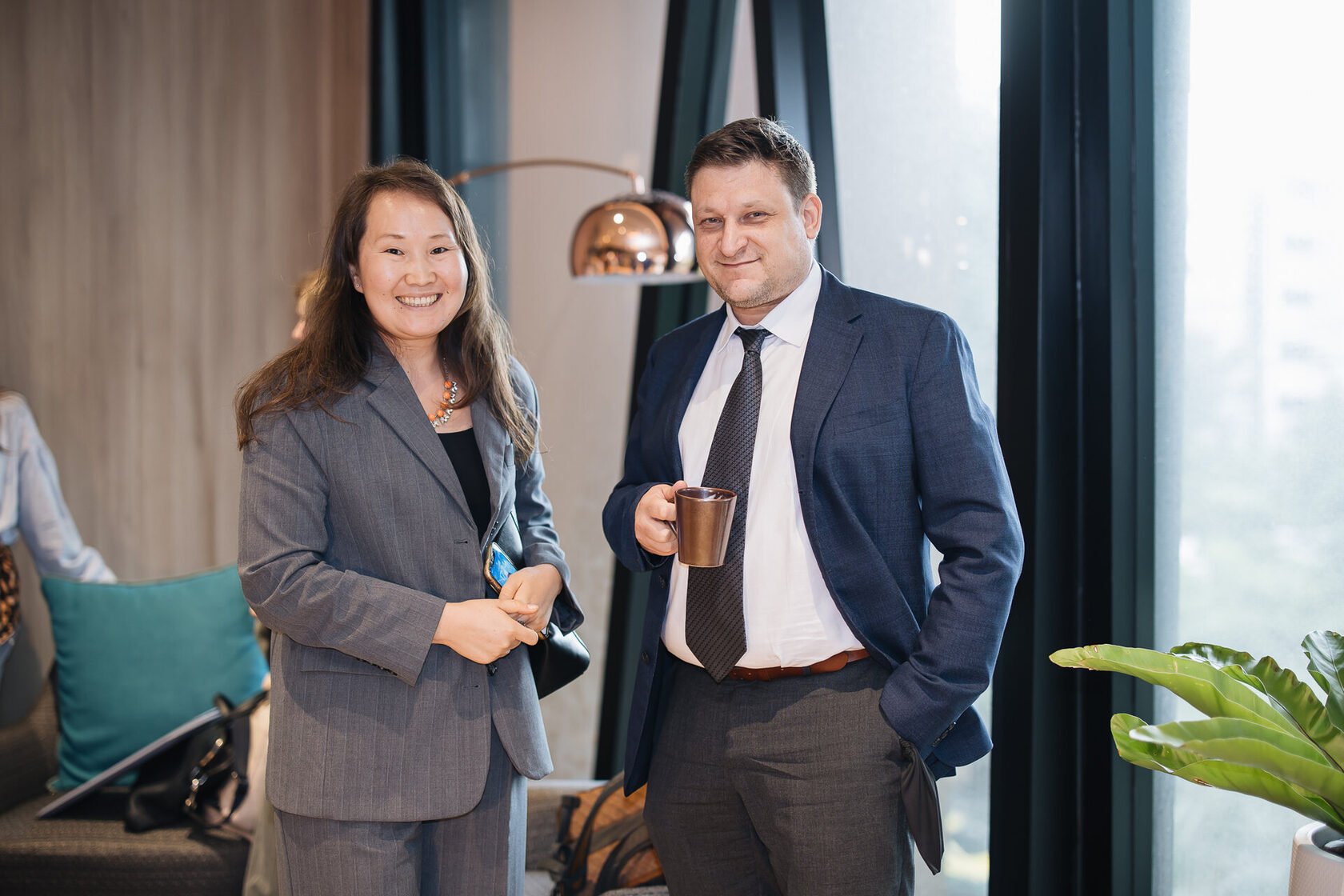Date: 19 June 2025
Location: Dusit D2 Samyan Bangkok Hotel
Organized by: Thai-Russian Chamber of Commerce (TRCC)
Location: Dusit D2 Samyan Bangkok Hotel
Organized by: Thai-Russian Chamber of Commerce (TRCC)
Overview
On June 19, 2025, the Thai-Russian Chamber of Commerce successfully held the logistics seminar titled “Issues of Logistics in Thai–Russian Trade and Beyond”. The event attracted participants from logistics, shipping, customs, and regulatory fields to discuss the current state and future of logistics between Thailand and Russia, including multimodal solutions, compliance challenges, and market trends.
More than 70 professionals attended the seminar, representing air cargo operators, freight forwarders, railway companies, express delivery providers, and customs experts. The seminar covered regulatory issues, infrastructure developments, e-commerce fulfillment, and bilateral cargo flow dynamics.
Key Speakers and Highlights
- Mr. Stephan Van der Sluys — Best Global Logistics Co., Ltd.
Topic: International Freight & Strategic Outlook
Mr. Van der Sluys, CEO of Best Global Logistics and former Chairman of the JFCCT International Trade Committee, shared strategic insights on the future of global logistics. Drawing from decades of experience in international freight operations, he emphasized the importance of reliability, adaptability, and partnerships in cross-border transport, especially in the Thai–Russian context.
“In uncertain times, strong logistics is not just about movement — it’s about resilience and trust.”
2. Mr. Diego Sala — Siam Trade Development Co., Ltd.
Topic: Regulatory Compliance and Its Impact on Logistics
- Highlighted the interdependence of regulatory processes and logistics timelines.
- Discussed the importance of HS code classification and label compliance.
- Emphasized that incorrect documentation often results in delays, penalties, or cargo seizure.
- Provided best practices: early coordination with customs brokers, formal classification, and synchronized stakeholder communication.
“Licensing is not the finish line. Success means: visible, sellable, compliant.”
3. Mr. Charin Nukornawarat — Global Union Group / Aeroflot Thailand
Topic: Air Cargo Trends Between Thailand and Russia
- Presented detailed cargo data: over 14,000 tons of cargo transported annually.
- Aeroflot currently operates 30+ weekly flights from Bangkok and Phuket to Moscow, St. Petersburg, Yekaterinburg, and more.
- Highlighted steady air capacity for perishable, e-commerce, and industrial cargo.
- Noted challenges with financial transactions due to ongoing sanctions, yet emphasized Thailand’s neutrality and strategic air access.
4. Mr. Aleksandr Priskoka — FESCO / SEA STAR Logistics
Topic: Multimodal Sea Freight and Rail Links to Russia
- FESCO’s new services via Novorossiysk (Black Sea) and St. Petersburg (Baltic Sea) reduce transit time to 45–50 days.
- Overview of container growth between Thailand and Russia: +20% import volume in 2024.
- Introduced Dalreftrans, FESCO’s subsidiary specializing in reefer logistics.
- Detailed new flexitank solutions for agri-exporters.
- Covered block train integration and inland rail distribution across Russia and the CIS.
5. Mr. Purachet Paputsaro — KC Train Transport Co., Ltd.
Topic: Thailand–Russia Railway Corridors
- Showcased operational SOPs for rail cargo from Thailand to Russia via China, Kazakhstan, and Mongolia.
- Transit time: 28–35 days with stable weekly scheduling.
- Highlighted advantages: high-value cargo stability, reefer support, and multi-border customs clearance.
- Key hubs: Chengdu, Chongqing, Zhengzhou.
- Routes: Khorgos, Dostyk, Erlian, and Manzhouli.
6. Mr. Evgenii Karakovskii — CDEK Thailand
Topic: Cross-border E-Commerce and Express Logistics
- Introduced CDEK as a key player in B2C/B2B logistics with 350,000+ daily shipments.
- Described Thailand as CDEK’s ASEAN hub for e-commerce fulfillment.
- CDEK services: customs-ready delivery, air & sea options, fulfillment, returns.
- Highlighted growth in Russian–Thai cross-border online commerce and ongoing expansion into China and the US.
“Let’s build logistics bridges together.”
Conclusion
The seminar confirmed that logistics between Thailand and Russia is not just surviving but evolving — across air, sea, rail, and digital platforms. Participants stressed the importance of strategic planning, regulatory compliance, and professional networks. As Thailand positions itself as a key Southeast Asian logistics hub, collaboration between private and institutional actors will shape the future of Thai–Russian trade.
TRCC thanks all speakers, partners, and attendees for contributing to a successful and highly informative event.
